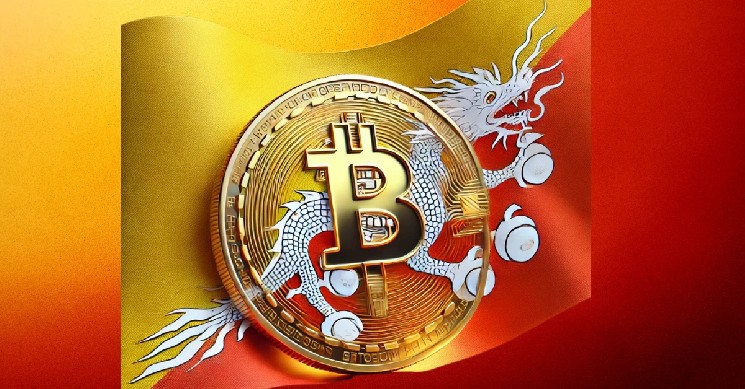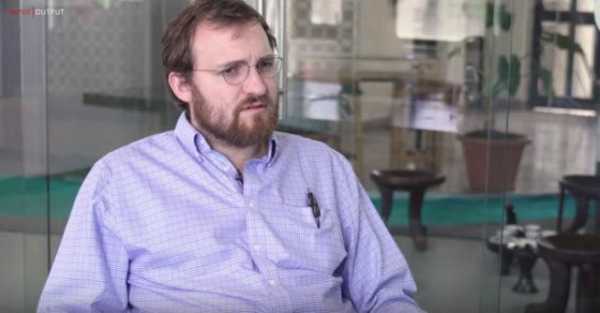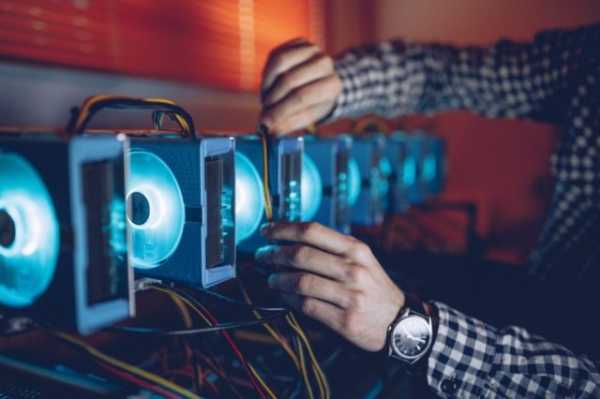A Look at Bhutan's Green Cryptocurrency and Bitcoin Mining Strategy
 Key moments in history
Key moments in history
-
Bhutan is using its hydropower to produce green cryptocurrency in an effort to grow its economy and create new jobs.
-
The Himalayan kingdom has quietly amassed a sizeable cryptocurrency portfolio, including more than $600 million in Bitcoin.
-
The Government of Bhutan is actively supporting and investing in green cryptocurrency mining and digital infrastructure.
Bhutan, a peaceful Himalayan kingdom known for valuing happiness over material wealth, is quietly taking on a surprising new role: as a cryptocurrency innovator. Using its vast clean hydropower resources, the country is mining green cryptocurrencies and exploring how blockchain could shape its economic future.
What’s even more surprising? Bhutan has already made millions from digital assets while remaining in the shadows. While world powers debate the future of cryptocurrencies, this small country may already be several steps ahead.
Let's get into the details.
How Bhutan's Cryptocurrency Revenue Helps Pay Salaries
Green cryptocurrencies are digital currencies mined using clean energy, such as wind, water, or solar power, rather than fossil fuels. Bhutan has quietly made millions by investing in leading cryptocurrencies. The profits were enough to cover government salaries for two years, according to senior officials in Thimphu.
Bhutan’s crypto journey began in 2019 when its sovereign wealth fund Druk Holding and Investments (DHI) began including digital assets in its investment portfolio. DHI CEO Ujjwal Deep Dahal explained that Bhutan’s electricity, which is entirely based on hydropower resources, makes cryptocurrency mining operations clean, green, and sustainable.
Powering Blockchain with Clean Energy
Bhutan uses its renewable hydroelectric resources to power the powerful computers needed to mine digital currencies. Officials are also considering offering Bhutan’s “green” coins to large companies looking to meet their environmental, social, and governance (ESG) goals. CEO Dahal added that Bitcoin has helped attract foreign currency and increase the value of Bhutan’s hydroelectric power. He also believes that training young Bhutanese in blockchain and AI could open up more job opportunities in the future.
Bhutan, with a population of about 800,000, faces a challenge as more than 10% of its educated youth have left the country in search of better opportunities abroad. This brain drain is prompting the government to find new ways to create jobs and retain talent at home.
Hydropower for a Green Crypto Future
To become a global leader in green digital currency, Bhutan is looking to increase its hydroelectric capacity. The country currently produces 3.5 gigawatts of electricity, but will need about 33 gigawatts to achieve its long-term goals. It plans to generate 15 gigawatts over the next 10 to 15 years to support its quest for a sustainable crypto economy.
PM backs Bitcoin mining strategy
Prime Minister Tshering Tobgay recently described state-backed Bitcoin mining as a smart strategy, noting that people around the world have made billions from it. He stressed that governments need to take cryptocurrency seriously and recognize its potential to boost economic growth.
According to Arkham, as of April 9, Bhutan’s Bitcoin assets are valued at over $600 million, or about 30% of the country’s total GDP. Bhutan also holds other cryptocurrencies, such as Ethereum and LinqAI. The country’s King Jigme Khesar Namgyel Wangchuck has been a vocal supporter of investments in digital infrastructure to facilitate future development.
Bhutan takes initiative
Unlike many governments, which obtain bitcoin by confiscating it from criminals, Bhutan’s assets come from state-backed mining. More and more governments are starting to take an interest in bitcoin. U.S. President Donald Trump recently announced plans to create a strategic reserve of bitcoin, while El Salvador holds nearly $550 million in bitcoin. Countries like the Central African Republic and France also recognize bitcoin as legal tender, a sign of how countries are rethinking their attitudes toward digital assets.
Source: cryptonews.net



